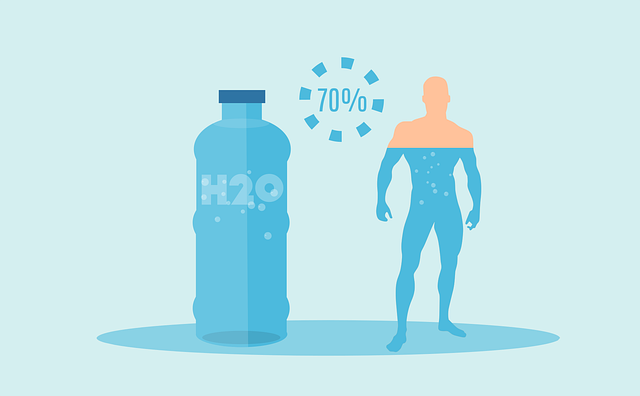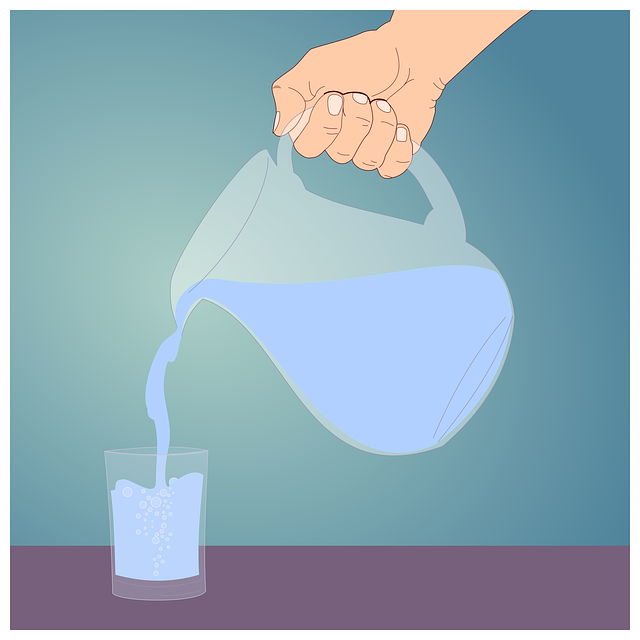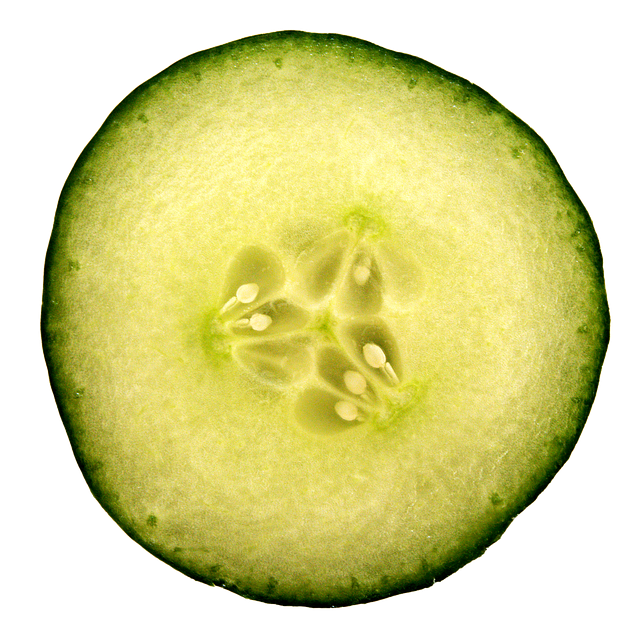What Are Electrolytes?

Electrolytes are substances that dissociate into ions (charged particles) when dissolved in water or other polar solvents. These ions can conduct electricity through the solution, making electrolytes important for a variety of physiological and chemical processes.

There are several types of electrolytes, including cations (positively charged ions) and anions (negatively charged ions). Some common cations include sodium (Na+), potassium (K+), and calcium (Ca2+), while common anions include chloride (Cl-), bicarbonate (HCO3-), and phosphate (PO4^3-).

Electrolytes play a crucial role in maintaining the balance of fluids in the body. They help regulate the movement of water and nutrients into and out of cells, and they also help maintain the proper pH balance in the body. Electrolytes are essential for proper nerve and muscle function, as well as for maintaining a healthy heart rhythm.

Electrolytes can be found in a variety of foods, including fruits and vegetables, dairy products, and meats. They can also be obtained through supplements, such as sports drinks or tablets. It is important to maintain proper electrolyte balance in the body, as an imbalance can lead to serious health problems.

Electrolytes are also used in a variety of industrial and laboratory settings. For example, they are used in the electrolysis of water to produce hydrogen and oxygen, and they are also used in the production of aluminum and other metals.
In summary, electrolytes are substances that dissociate into ions when dissolved in water, and they play a vital role in maintaining the balance of fluids and nutrients in the body. They are essential for proper nerve and muscle function, and they are also used in a variety of industrial and laboratory applications.